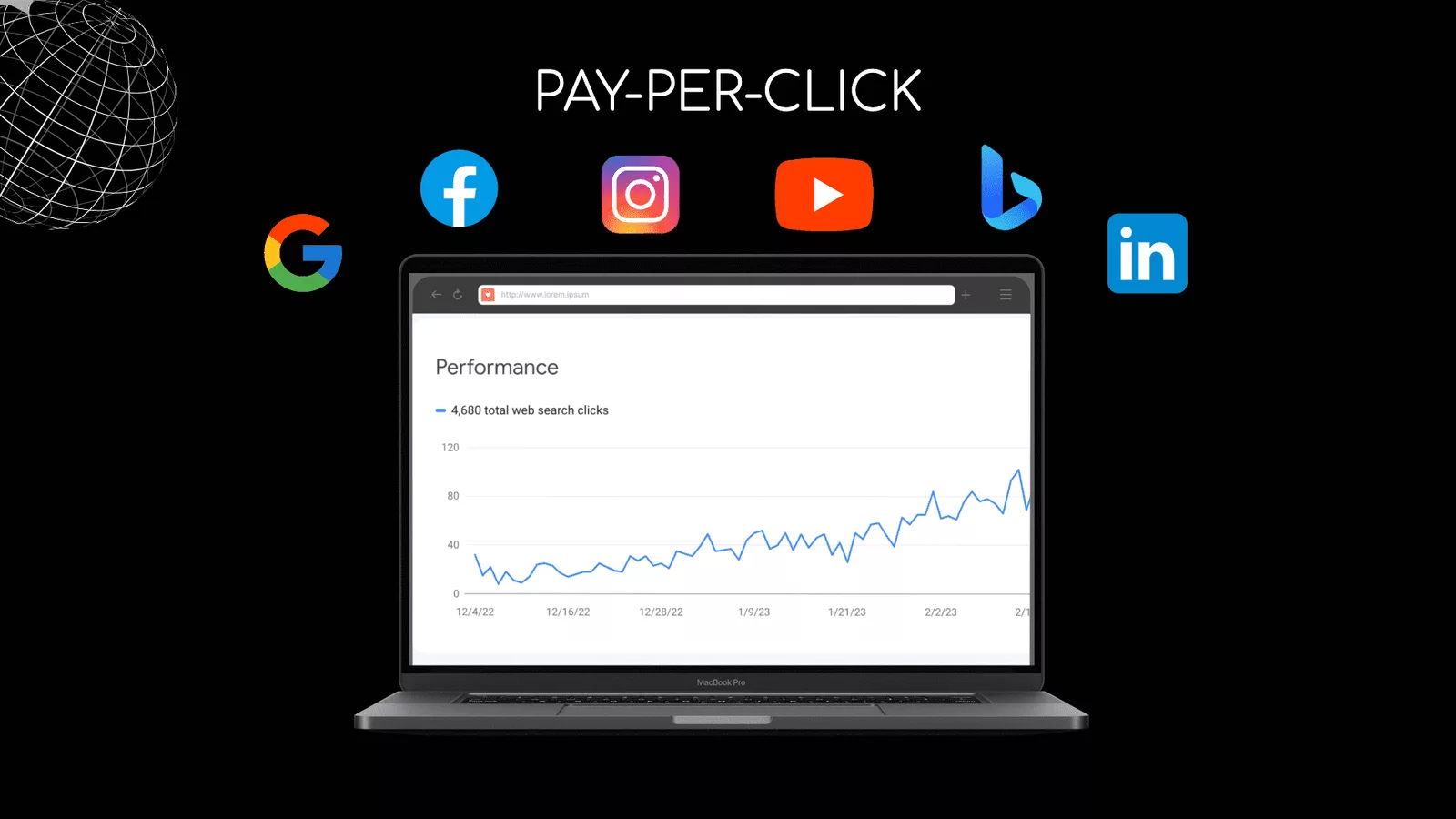If you’re looking to get more out of your PPC campaigns, then it’s time to start optimizing your PPC campaign management.
In this article, we’ll explore the key strategies that you can use to optimize your PPC campaigns for maximum results.
From setting the right goals to choosing the best keywords and ad copy, we’ll cover everything you need to know to get the most out of your PPC campaigns.
1. Set Your Goals
Before you start optimizing your PPC campaigns, it’s important to define your goals. What do you want to achieve with your campaigns? Is it to drive more traffic to your website, generate leads, or increase sales? Once you have a clear understanding of your goals, you can start to create campaigns that are tailored to achieving them.
Establish clear short- and long-term goals.
Begin by analyzing what works and what doesn’t in your current advertising efforts. Determining where you want to go and where you currently are will help shape your PPC strategy.
Maximize exposure during the brand awareness phase.
PPC is an effective tool for establishing brand or product visibility. Set clear objectives to increase the reach of your brand or product.
Request Free Review
We start by reviewing your website and then take a look at your current ranking in SERPs.
- Unlock Your Website’s Potential with Our Comprehensive Analysis.
- Outrank Your Competitors with Our Expert Insights and Recommendations.
- Ways for increasing website traffic.
- Get Tailored Recommendations to Achieve Better Results Online.
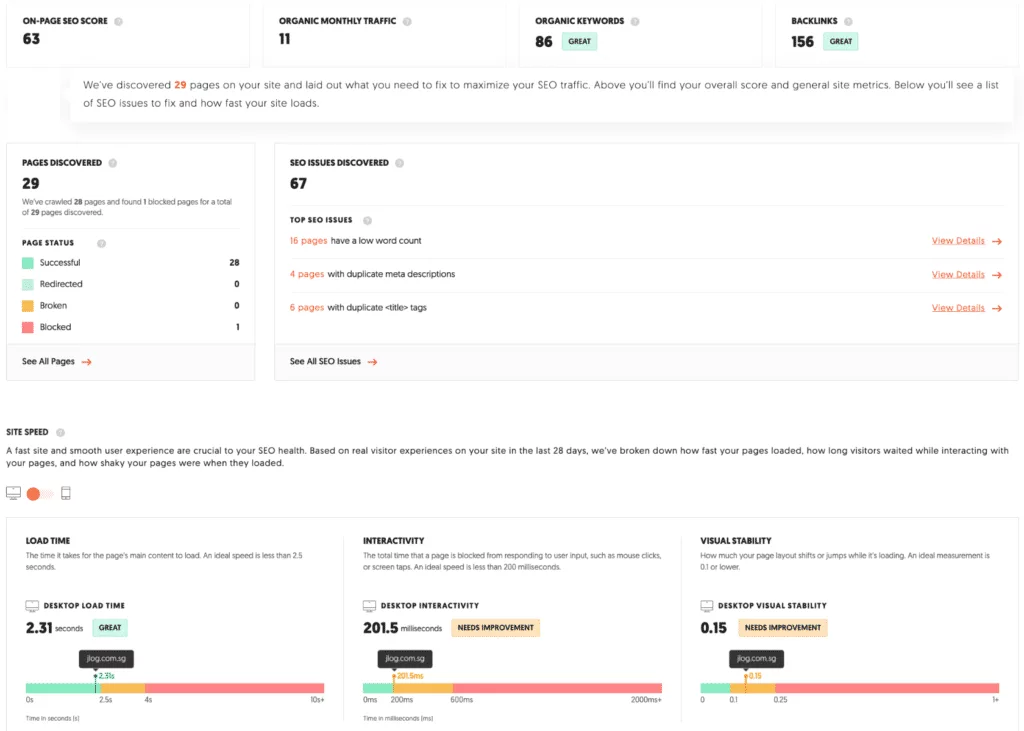
2. Define Your Target Audience
Understanding your target audience is crucial when it comes to PPC campaign management. Who are your ideal customers? What are their needs and pain points?
By creating buyer personas and understanding your target audience, you can create campaigns that are specifically targeted to their needs and interests.

3. Choose the Right Keywords
Choosing the right keywords is essential when it comes to PPC campaign optimization. You want to choose keywords that are relevant to your business and have a high search volume. By using tools like Google Keyword Planner, you can find keywords that are relevant to your business and have a high search volume.
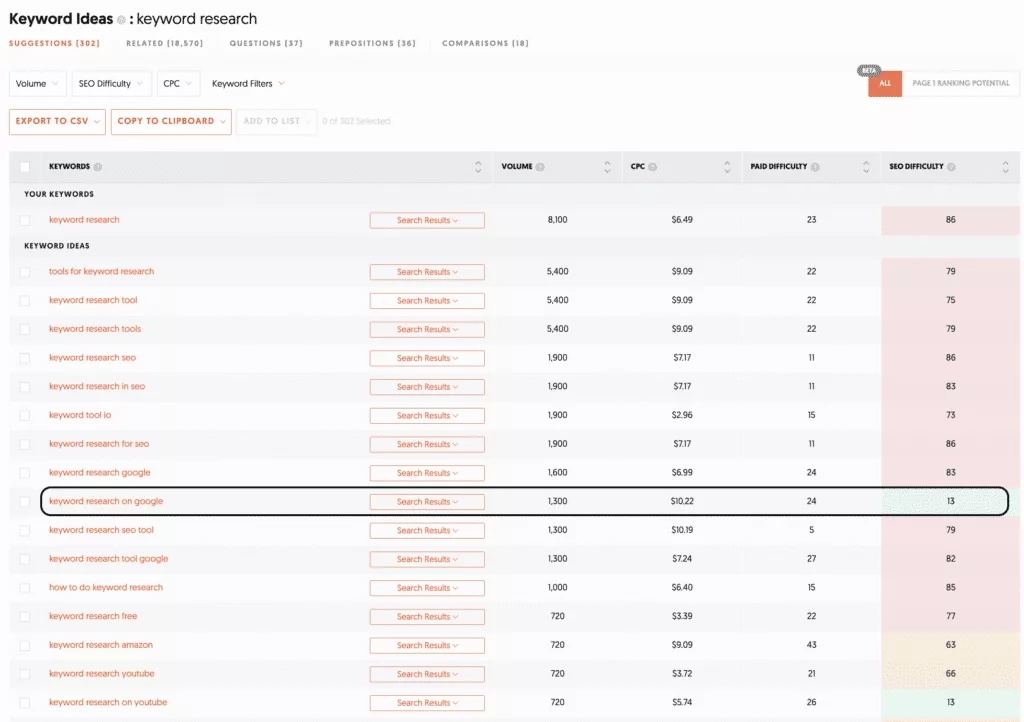

4. Create Engaging Ad Copy
Your ad copy is what will entice people to click on your ads. It’s important to create ad copy that is engaging, relevant, and stands out from the competition. Use clear and concise language that speaks directly to your target audience’s needs and interests.
5. Optimize Your Landing Pages
Your landing pages play a crucial role in the success of your PPC campaigns. Make sure your landing pages are optimized for conversions by including clear and compelling calls to action, relevant and engaging content, and easy-to-use forms.
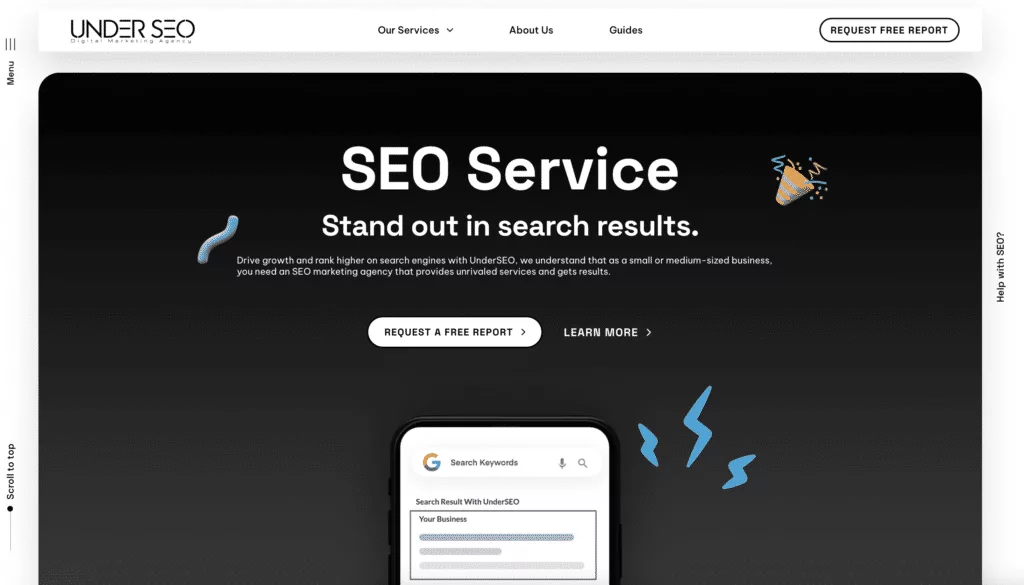
6. Set Up Conversion Tracking
Conversion tracking is essential for measuring the success of your PPC campaigns. By setting up conversion tracking, you can see which campaigns and keywords are driving the most conversions and make informed decisions about how to optimize your campaigns for maximum results.
7. Monitor Your Results
It’s important to monitor your PPC campaigns regularly to ensure they are performing as expected. Keep an eye on your click-through rates, conversion rates, and other important metrics to identify areas for improvement.
8. Analyze Your Data
Data analysis is crucial when it comes to optimizing your PPC campaigns. Use tools like Google Analytics to track your campaigns and analyze your data to identify trends and insights that can inform your campaign optimization strategies.
Organize your data for effective analysis.
Picking out the right data pieces and organizing them into an easy-to-understand report is crucial for effective PPC campaign management. Make sure your data is organized and presented in a way that makes sense for your business.
Monitor key metrics to get the most out of your campaigns.
By monitoring key metrics such as click-through rates, conversion rates, and ad spend, you can optimize your PPC campaigns to meet your marketing goals.
Use PPC reporting to track progress over time.
PPC reporting allows you to see how your campaigns are performing over time and compare them to one another. Use this information to make data-driven decisions that will ensure continued success.
Use tools like the PPC Investigator to dive deeper into your data.
Tools like the PPC Investigator can help you identify which elements of your account are causing changes in your metrics. Use these insights to further optimize your campaigns.
Optimize your campaigns based on audience behavior.
By studying your target audience and analyzing their behavior, you can optimize your campaigns to better engage with them and prevent wasted ad spend.
Find high-value insights in your data to avoid unnecessary costs.
By analyzing your PPC data, you can find high-value insights that will help you reduce unnecessary costs and make the most of your advertising budget.
9. A/B Test and Experiment
Testing and experimentation are essential when it comes to optimizing your PPC campaigns. Try different ad copy, landing pages, and targeting strategies to see what works best for your business.
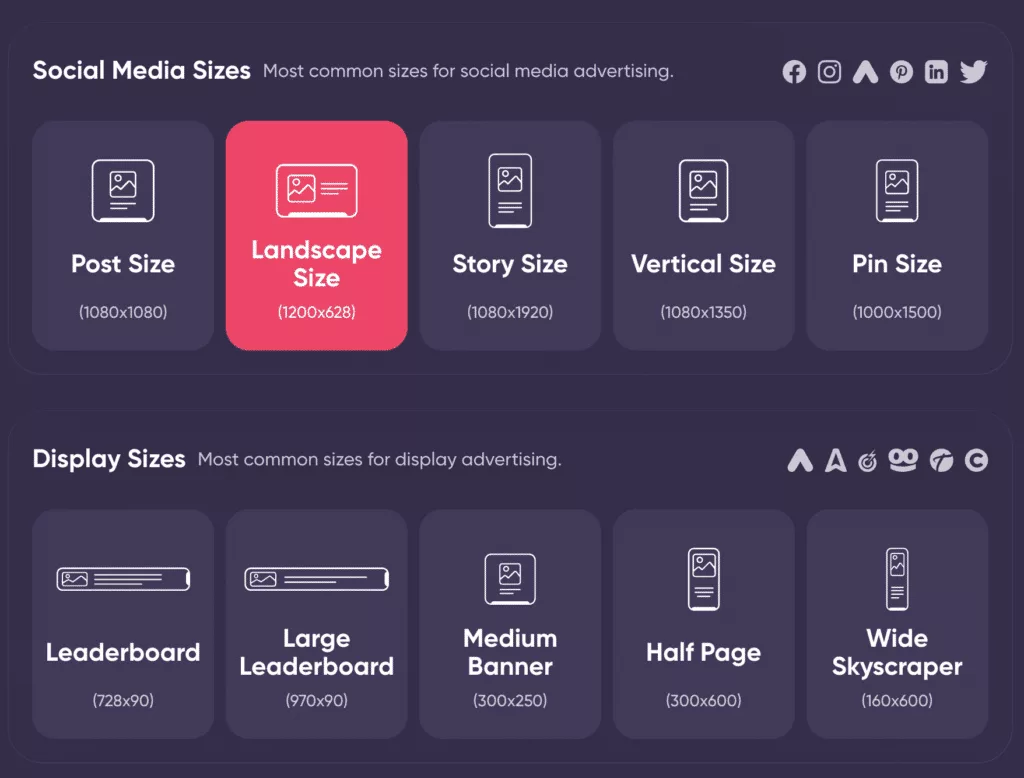
10. Refine and Optimize Your Campaigns
Use the insights you gain from testing and experimentation to refine and optimize your campaigns. Continually monitor and adjust your campaigns to ensure they are performing at their best.
11. Keep Up with Industry Changes
One of the key elements of effective PPC campaign management is keeping up with industry changes. As the world of digital marketing is constantly evolving, it is important to stay on top of new trends and technologies to ensure your campaigns are relevant and effective.
With frequent changes in search algorithms, ad formats and targeting options, it can be easy to fall behind if you don’t keep up. By staying current with industry changes, businesses can ensure that their campaigns are optimized for maximum results.
Furthermore, adapting to changes in the industry can give businesses a competitive edge and help them stay relevant in a constantly evolving market. Ultimately, staying up-to-date with industry changes is vital for the success of any PPC campaign.
12. Utilize Remarketing
Remarketing is a powerful tool that allows you to target people who have already interacted with your website or ads. By creating specific campaigns for people who have already shown interest in your business, you can increase the likelihood of conversion and maximize your ROI.
13. Focus on Mobile Optimization
More and more people are accessing the internet on their mobile devices, so it’s crucial to optimize your PPC campaigns for mobile. Make sure your landing pages are mobile-friendly, and your ad copy is optimized for mobile screens.
14. Embrace Automation
Automation tools like Google Ads Smart Bidding and Automated Rules can help streamline your PPC campaign management and improve your results. By letting the algorithms do the heavy lifting, you can focus on strategy and optimization.
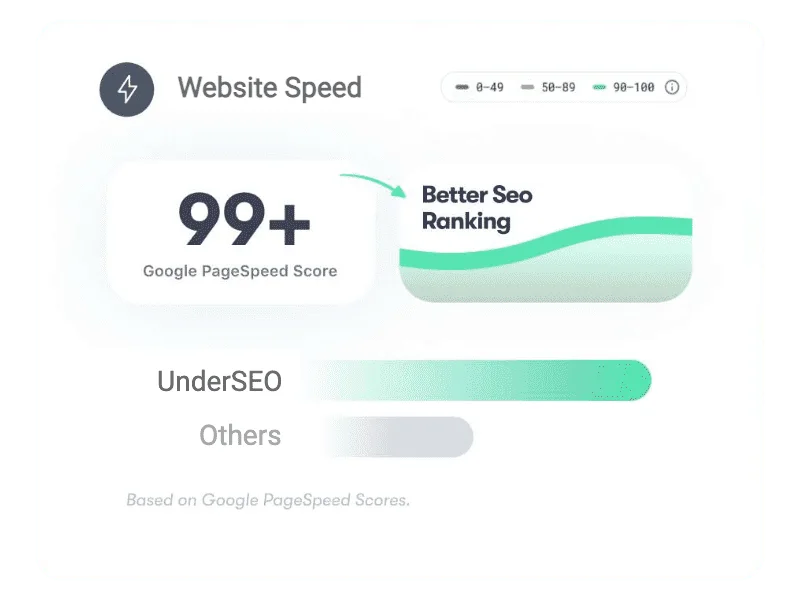
Need Some Help?
PPC’s Guide: How to Optimize Your PPC Campaign Management
15. Conclusion
Optimizing your PPC campaigns can take time and effort, but the results are worth it. By setting clear goals, understanding your audience, and continually testing and optimizing your campaigns, you can achieve maximum results and ROI. Remember to keep up with industry changes and embrace new technologies and tools to stay ahead of the competition.
FAQs
- What is PPC campaign management? PPC campaign management is the process of creating, monitoring, and optimizing paid search campaigns on platforms like Google Ads to drive traffic, leads, and sales for your business.
- What are some key elements of a successful PPC campaign? Some key elements of a successful PPC campaign include setting clear goals, choosing relevant and high-performing keywords, creating engaging ad copy, and optimizing landing pages for conversions.
- How can I measure the success of my PPC campaigns? You can measure the success of your PPC campaigns by tracking important metrics like click-through rates, conversion rates, and cost per conversion. By analyzing this data, you can identify areas for improvement and optimize your campaigns for maximum results.
- How often should I monitor and optimize my PPC campaigns? It’s important to monitor and optimize your PPC campaigns regularly to ensure they are performing at their best. Depending on your budget and goals, this may mean daily, weekly, or monthly monitoring and optimization.
- What are some tools that can help with PPC campaign management? There are many tools available to help with PPC campaign management, including Google Ads, Google Keyword Planner, Google Analytics, and automation tools like Google Ads Smart Bidding and Automated Rules.

